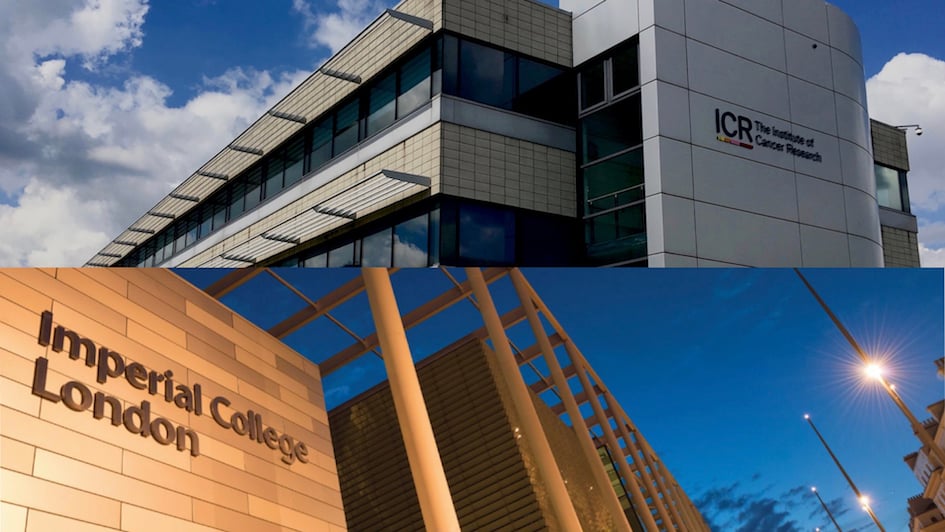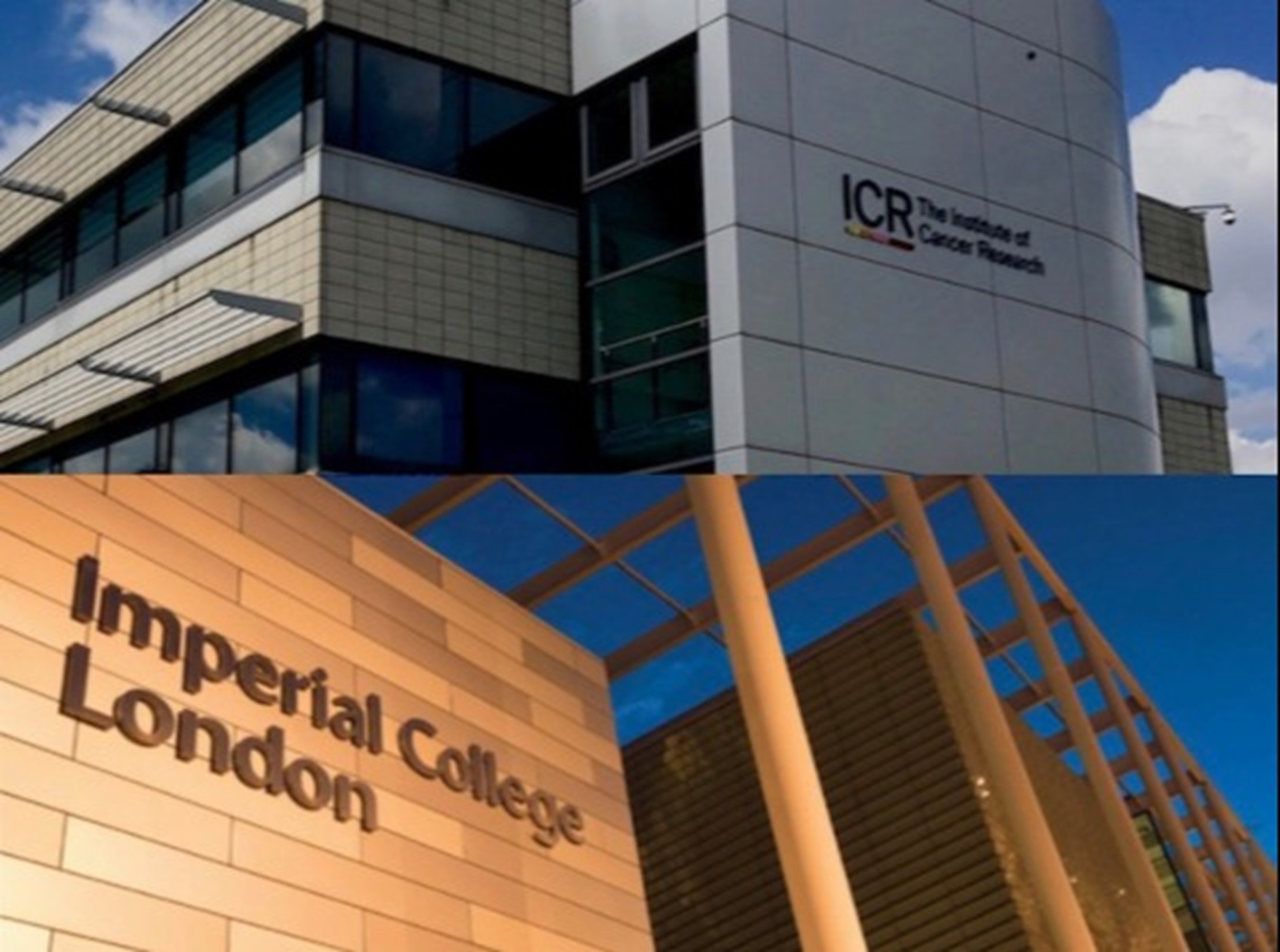
A new unit focusing on cancer prevention research and strategies has launched at The Institute of Cancer Research, London, and Imperial College London.
The Cancer Epidemiology and Prevention Unit (CEPRU) is a joint initiative between the two leading institutions. Its vision is to become a global leader in advancing research on the causes of cancer, and implementing effective prevention strategies through collaborations.
The CEPRU was launched at an online event last month featuring presentations from epidemiology and prevention experts from institutions around the world.
Effective prevention
Professor Elio Riboli, Founding Director of the CEPRU and Professor in Cancer Epidemiology and Prevention in the School of Public Health at Imperial College London, said:
“We have made significant progress over the years to advance our understanding of cancer and its causes. This has led to successful interventions to reduce exposure in the population to cancer risk factors such as smoking and environmental chemicals in workplaces.
“However, we haven’t been equally successful in translating findings on a number of well-known cancer risk factors, such as excessive alcohol consumption and unhealthy diets, into effective cancer prevention strategies. We also face the challenge of not knowing the causes of around 40-50 per cent of the cancers occurring in UK and around the world.
“We endeavour to develop innovative, multidisciplinary and largely collaborative strategies to tackle the yet unknown mechanisms and causes of cancer. This knowledge is essential to provide the scientific bases for further public health advancement in primary disease prevention and population health promotion so that we can reduce the number of people who will develop cancer in the decades to come.”
Professor Richard Houlston, Professor of Population and Molecular Genetics at The Institute of Cancer Research, London, and co-founder of the CEPRU, said:
“Our new centre will combine the expertise of leading researchers in cancer epidemiology and prevention at two of the UK’s leading scientific institutions. In developing new, exciting research programmes and challenging scientists to look at cancer prevention and epidemiology in new ways, it aims to generate new strategies to both diagnose cancer earlier and prevent it altogether.”
